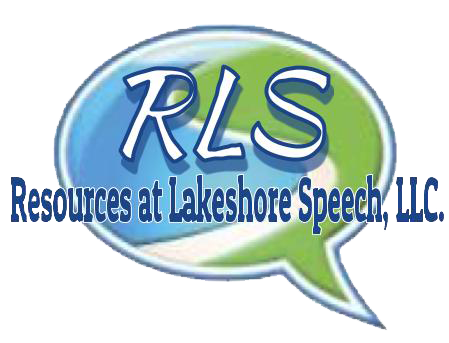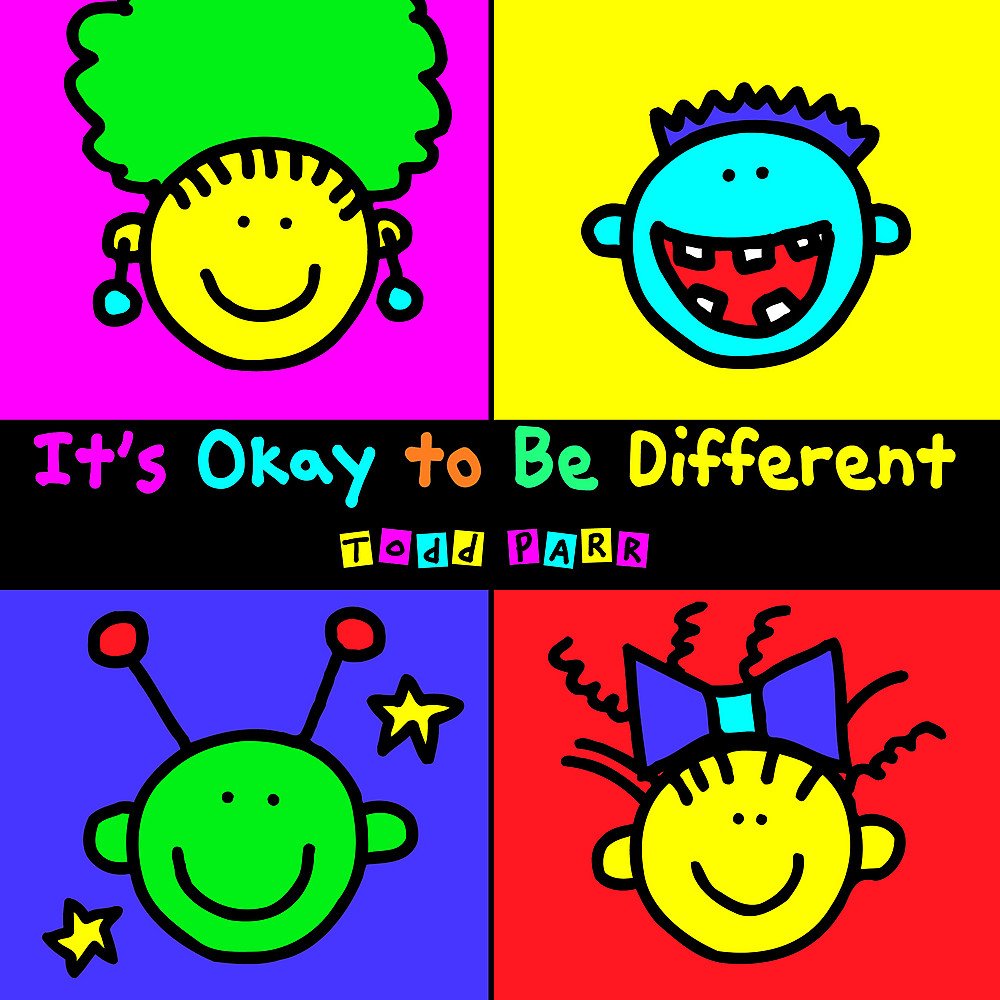February – the month of love; loving and caring for our family, our friends, our significant other. February gives us the opportunity to show our loved ones what WE see when we look at them. When you look at your child, spouse, friend, what do you see? The unevenness of their eyebrows? The gray hairs? The blemishes? The love handles? No! You see the light that they give. You see the love in their eyes – the window to their soul. You see the kindness they share. You see how amazing they are, have been and will be.
So how does this relate to speech and language? Too often when a loved one experiences a speech-language deficit – regardless of the severity – we are quick to explain this deficit to others in front of them. This is not to say that we need to ‘hide’ this deficit or only speak of it in hushed whispers when our loved one is not in earshot. This is to say we need to be more aware of how we explain our loved one’s communication style.
Our loved ones tune into everything we say and do, especially when they know we are talking about them. Challenge yourself to first, listen to how you describe or explain your loved ones speech-language deficits; second, work to change this dialogue to create a more positive uplifting exchange.
When we first meet someone and they address your loved one who experiences a language deficit, consider using phrases that explain their style of communication versus their inability to talk.
- Instead of “He doesn’t talk ….” try “My son communicates using gestures ….” or “My daughter communicates so well with her device….”.
- In place of putting your child on the spot to perform, “Say Hi….say hi” try incorporating the use of visual and verbal cues to encourage your loved one’s communication – (while waving your hand slightly) “My son waves to say hi when he meets a new person.” You may be surprised at your loved ones eagerness to imitate and ‘show off’ their skills.
- Acknowledging your loved ones hard work may result in increased willingness to carry-over difficult skills to a variety of settings. Instead of insisting on your loved one maintaining eye contact when greeting/talking to others, try using phrases like “My daughter is working so hard on making eye contact when talking to friends and family, we are so proud of her.” or “Eye contact can be hard for my son, but he is really working hard on it, he’s doing a great job.” Your loved one may look as though he/she is not paying attention to what you are saying, but they are and want to make you proud.
- Parents and caregivers, without thinking, will answer questions asked specifically to loved ones as a way of protecting or helping. Instead of immediately answering a questions, try silently counting to 10 to give your loved one time to process the question. If after 10-15 seconds (which can seem like a 10-15 hours) use sentence starters to help your loved one – “I go to…..” or “My name is….” Your loved one will be much more aware of what is expected as well as how to answer the question. If your loved on uses a communication device being navigating to the page or buttons that have the information. Begin the response as you would modeling it with words and gesture (by pointing) to the button that would complete the answer.
These changes, while seemingly small, can make a significant difference in how your loved one perceives her/his ability and desire to communicate with others.
February – the month to show our love!
Yours in speech,
Lakeshore Speech Therapy, LLC





